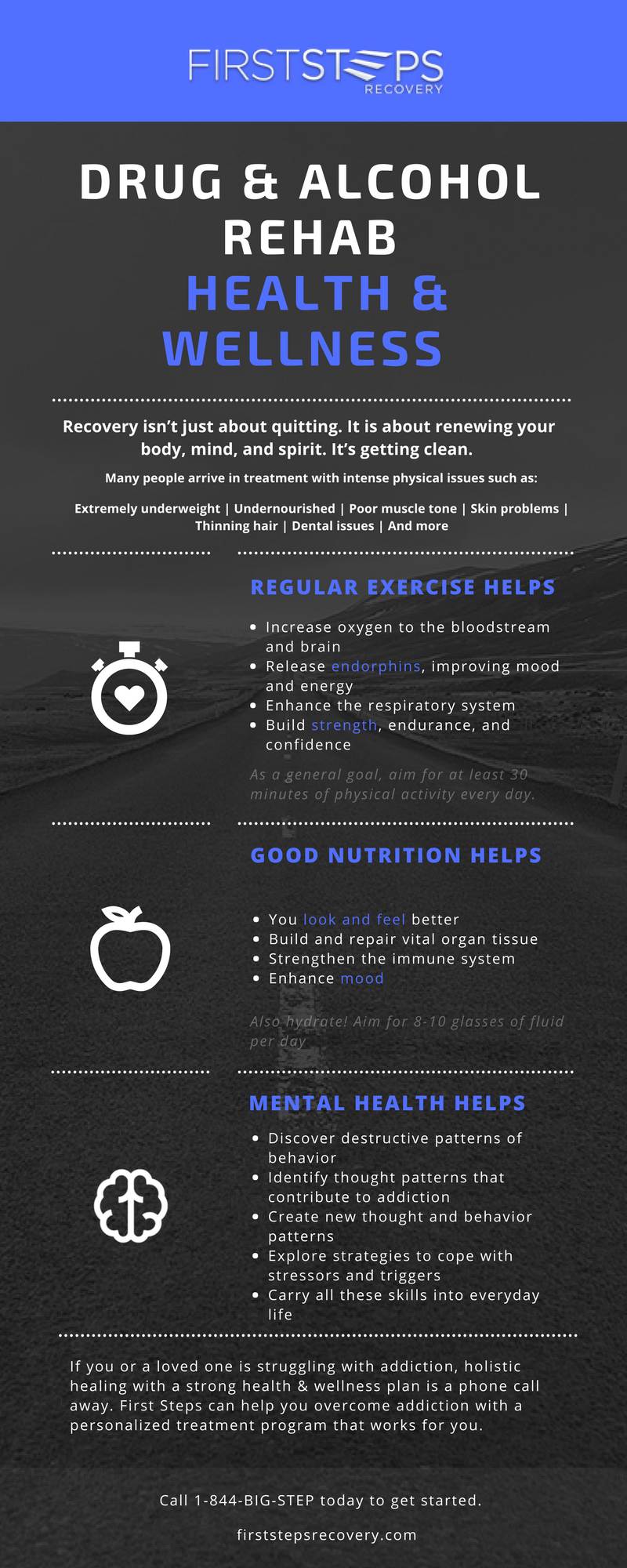Recognizing What Happens Throughout At-Home Alcohol Detox
Recognizing What Happens Throughout At-Home Alcohol Detox
Blog Article
Content Created By-Crowley Wentworth
When you make a decision to go through alcohol detox at home, you could encounter different withdrawal signs that can be challenging. You'll likely experience stress and anxiety, irritation, and even physical pain like sweating and queasiness. Men's Behavioral Therapy For Substance Abuse 92064 is necessary to understand exactly how to develop a supportive environment that can alleviate this process. But just what does that appear like, and when should you consider seeking professional aid?
Common Withdrawal Symptoms During Home Detox
When you decide to detox from alcohol in the house, it's important to know the usual withdrawal signs and symptoms you may experience. You might come across stress and anxiety, irritation, or state of mind swings as your body changes.
Physical signs and symptoms can consist of sweating, queasiness, and headaches. Sleep disruptions are common, too-- you may find it hard to go to sleep or stay asleep.
Sometimes, you might experience tremors or shakiness. Watch out for https://telegra.ph/Breaking-The-Preconception-Getting-Rid-Of-Shame-And-Guilt-In-Drug-Rehab-05-15 like seizures or hallucinations; these require prompt medical attention.
Comprehending these symptoms can help you prepare emotionally and literally for the detoxification procedure. Recognizing what to anticipate makes it much easier to navigate this challenging journey and seek assistance if required.
Creating an Encouraging Setting for Detoxification
Creating an encouraging environment for detoxification is critical, as it can significantly affect your recovery journey.
Start by getting rid of any alcohol or sets off from your home. Border on your own with supportive close friends or household that motivate your development. Establish a calm area where you can relax and concentrate on your wellness.
Stockpile on healthy snacks, hydrating liquids, and comfort items that promote leisure. Take part in calming tasks like analysis, journaling, or listening to calming music.
Establish an everyday regimen that includes time for self-care, exercise, and reflection. Bear in mind, your setting must cultivate positivity and minimize anxiety.
When to Look For Specialist Help
A supportive setting can assist you via detox, but often, you may require more than just a risk-free space and encouragement from loved ones.
If you experience serious withdrawal signs like seizures, hallucinations, or extreme anxiety, it's crucial to seek expert help immediately.
Additionally, if you see that your desires end up being frustrating or you can't manage your emotion, don't hesitate to reach out for assistance.
Medical professionals can provide the required interventions and drugs to ensure your safety and convenience during this tough time.
Keep in mind, requesting help isn't an indication of weak point; it's an action towards recovery.
Prioritize your wellness, and recognize when it's time to include health care professionals in your detoxification journey.
Final thought
Finally, navigating alcohol detoxification in your home can be tough, but recognizing what to anticipate makes it much more workable. By acknowledging common withdrawal signs and symptoms and producing a supportive setting, you can dramatically alleviate your trip. Remember to develop a daily regular concentrated on self-care and leisure. If signs and symptoms end up being frustrating, don't wait to look for professional assistance. Your health and well-being are the top priority, and taking these steps can lead you towards an effective recuperation.
